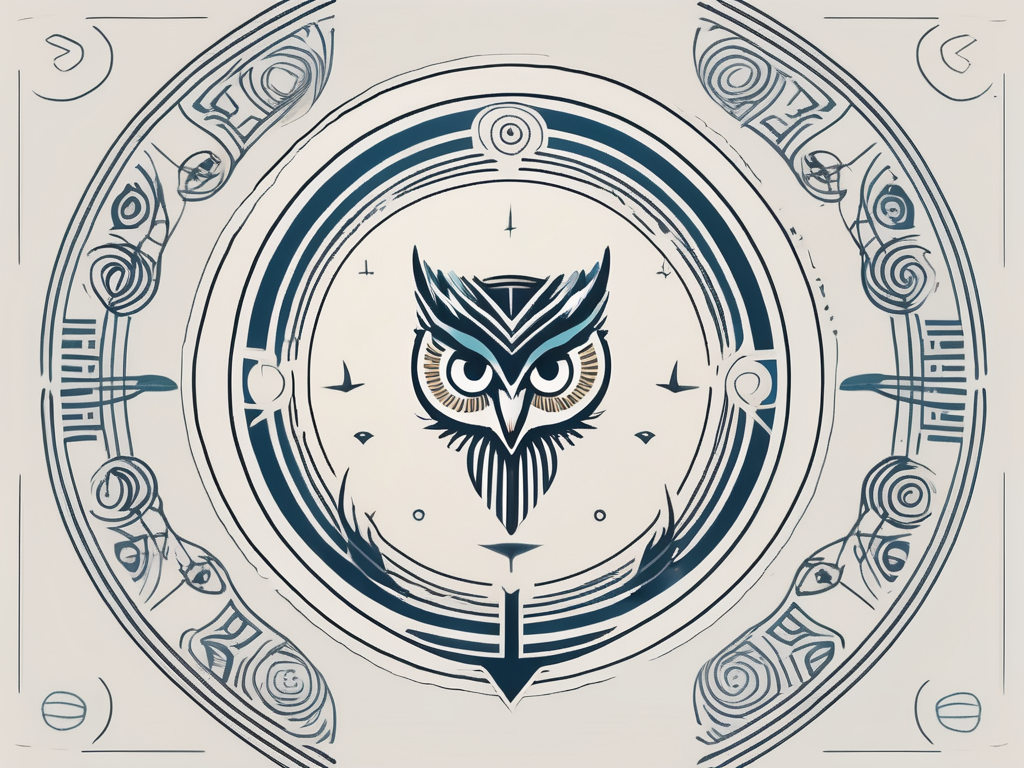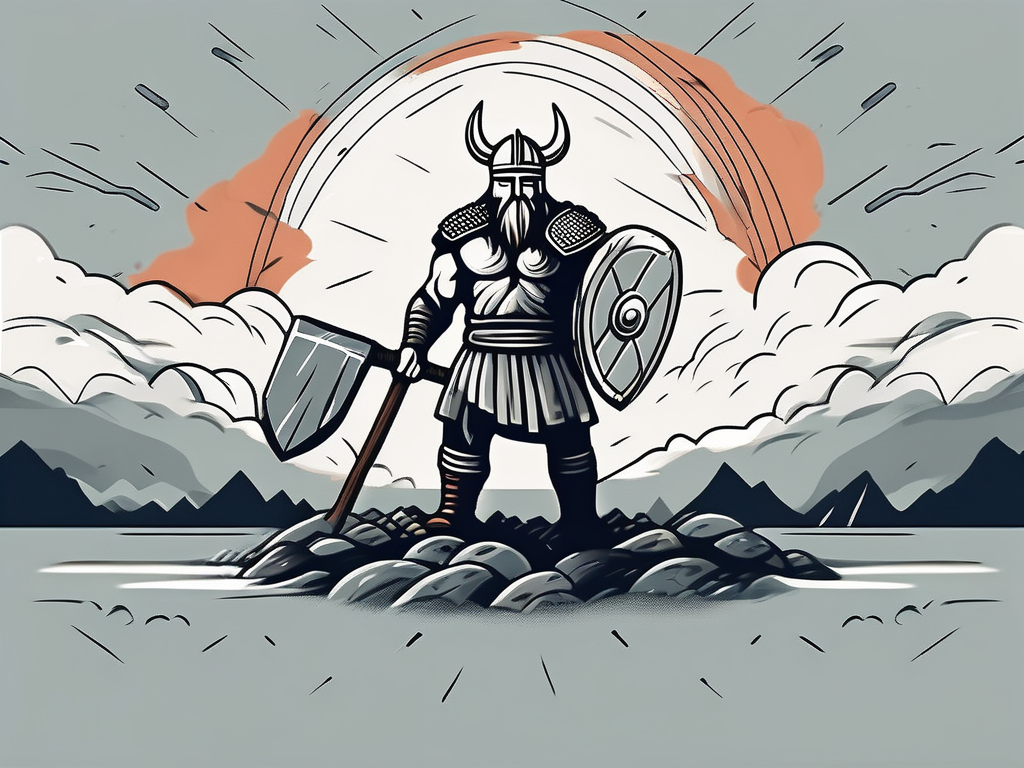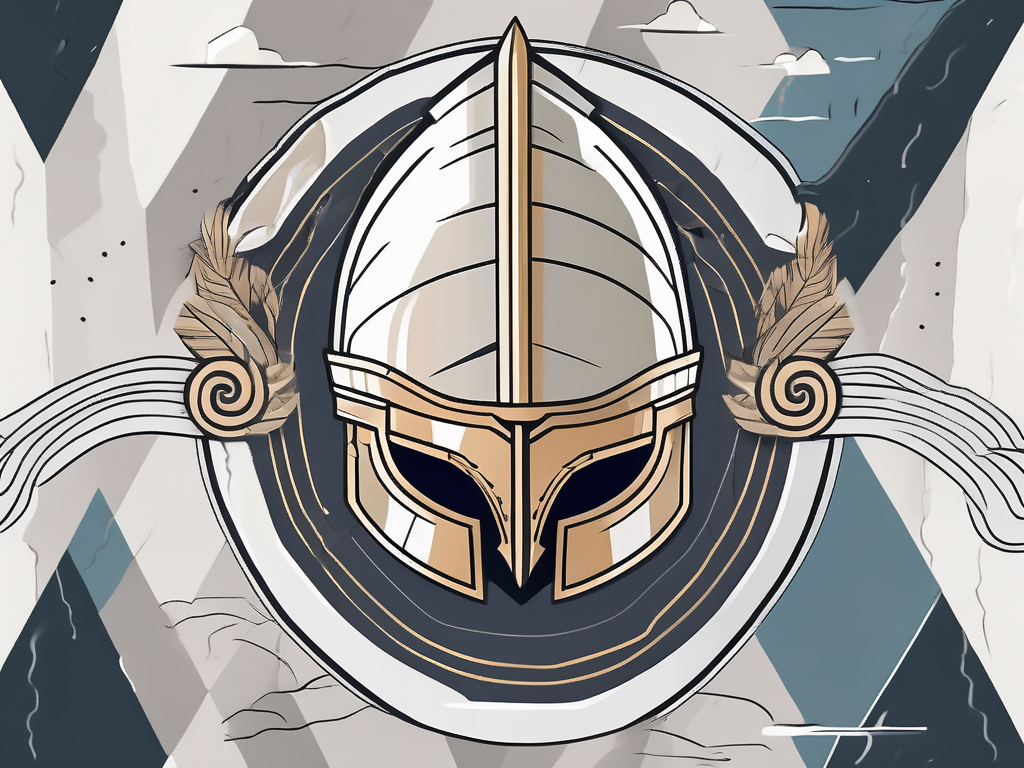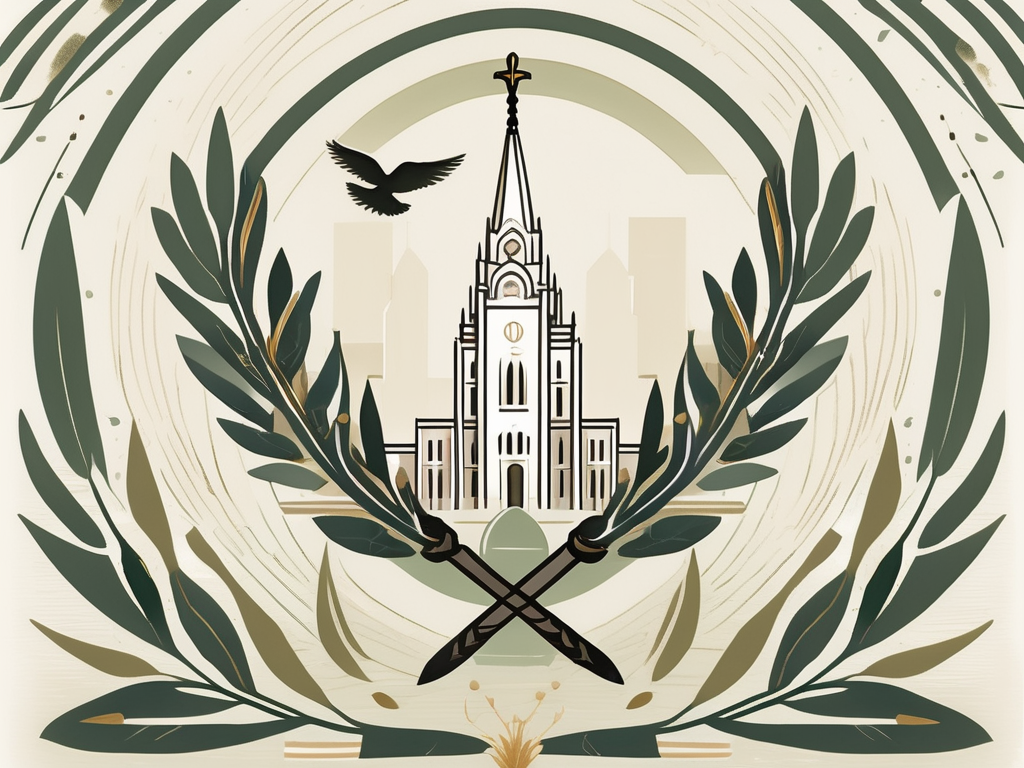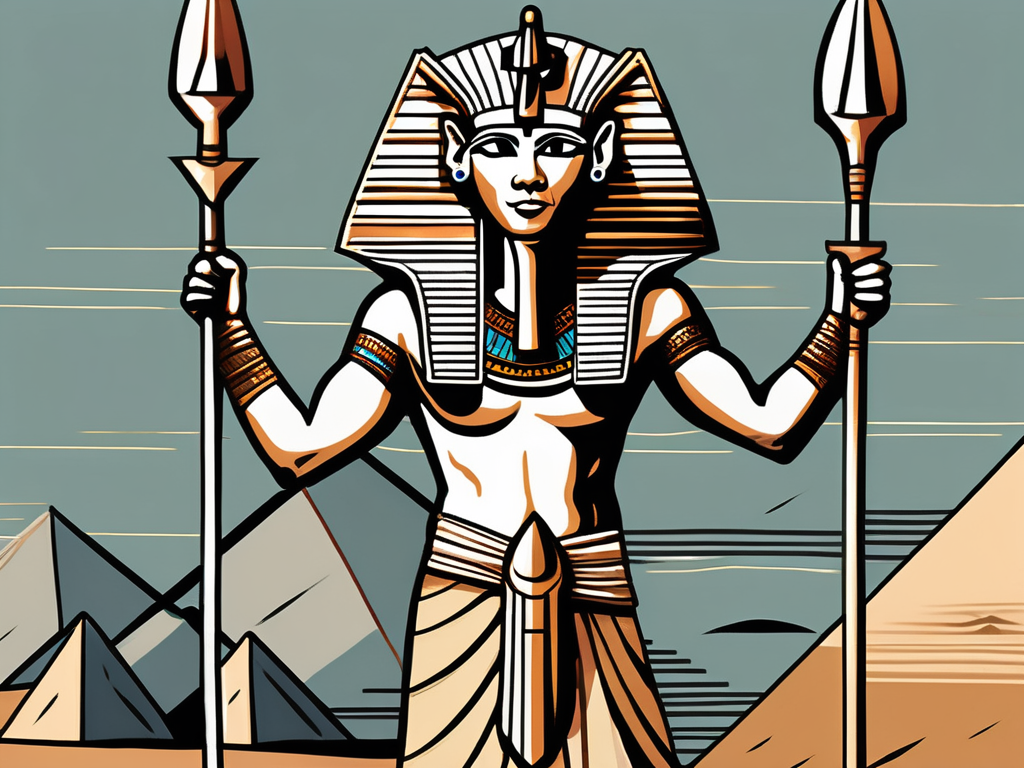Greek mythology is a fascinating subject that has captured the imagination of people for centuries. It is filled with tales of gods and goddesses, heroes and monsters, love and war. At the heart of this mythology are the Greek gods, a diverse group of immortal beings who ruled over various aspects of life and the natural world. In this article, we will delve into the world of Greek gods and explore the question: how many Greek gods are there?
Understanding Greek Mythology
Before we dive into the number of Greek gods, let’s take a moment to understand what Greek mythology is all about. Greek mythology is a collection of myths and legends that were passed down orally from generation to generation in ancient Greece. These stories served as a way to explain natural phenomena, human behavior, and the origins of the world.
The gods and goddesses in Greek mythology were believed to have human-like personalities and emotions, yet possessed extraordinary powers and abilities. They were worshipped and revered by the ancient Greeks, and were seen as both benevolent and capricious beings who influenced every aspect of life on Earth.
But what were the origins of Greek mythology? How did these stories come to be? The answer lies in the ancient city-states of Greece, such as Athens, Sparta, and Thebes. It was within these city-states that the myths and legends were initially passed down through an oral tradition. Storytellers would gather during religious festivals and gatherings to retell these tales, captivating audiences with their vivid descriptions and larger-than-life characters.
Over time, the popularity of these stories grew, and they were eventually recorded in written form. This allowed future generations to learn and appreciate the rich tapestry of Greek mythology. The works of ancient Greek poets, such as Homer and Hesiod, played a significant role in preserving and popularizing these stories. Their epic poems, such as the Iliad and the Odyssey, not only entertained audiences but also served as a valuable source of knowledge about the gods and their exploits.
The Importance of Gods in Greek Culture
In Greek culture, the gods and goddesses held a central role. They were not only worshipped in temples and sanctuaries, but their influence permeated every aspect of society. Greek literature, art, and theater were often inspired by the gods and their stories.
For the ancient Greeks, the gods controlled all aspects of life. Whether it was the domain of love and war, the fertility of the land, or the success of an individual’s endeavors, the gods played a significant role. Seeking the favor of the gods through prayer, sacrifices, and offerings was a common practice among the ancient Greeks.
But the gods were not just distant and unapproachable beings. They were believed to have human-like personalities and emotions, making them relatable to the ancient Greeks. The gods could be kind and benevolent, granting blessings and protection to those who pleased them. However, they could also be capricious and vengeful, punishing those who dared to defy or anger them.
Through their myths and legends, the ancient Greeks sought to understand the world around them and make sense of their own existence. These stories provided explanations for natural phenomena, such as the changing seasons or the creation of the universe. They also explored the complexities of human behavior, delving into themes of love, jealousy, and ambition.
So, as we explore the world of Greek mythology, let us immerse ourselves in the captivating tales of gods and heroes, and gain a deeper understanding of the ancient Greeks’ beliefs and values.
The Twelve Olympians
One of the most well-known groups of Greek gods is the Twelve Olympians. These were a group of gods and goddesses who resided on Mount Olympus, the highest mountain in Greece. They were considered to be the major deities who ruled over the world.
Legend has it that Mount Olympus, with its majestic peaks reaching towards the heavens, served as the divine residence for the Twelve Olympians. This sacred mountain was said to be a place of unimaginable beauty and splendor, where the gods and goddesses would convene to discuss the affairs of mortals and immortals alike.
Zeus: The King of the Gods
Zeus, the mighty thunderbolt-wielding god, was the king of the gods and the ruler of Mount Olympus. He was known for his power and authority, as well as his numerous affairs and offspring. Zeus was often depicted as a bearded man holding a thunderbolt, and he presided over the realm of sky and weather.
As the king of the gods, Zeus held the ultimate authority and power over all other deities. His thunderbolts were said to be capable of unleashing devastating storms and wreaking havoc upon the earth. Despite his formidable nature, Zeus was also known for his sense of justice and fairness, and he would often intervene in mortal affairs to ensure that justice was served.
Hera: The Goddess of Women and Marriage
Hera, the queen of the gods, was Zeus’s wife and sister. She was revered as the goddess of marriage and childbirth, and was often portrayed as a beautiful and dignified woman. Despite her divine status, Hera was not immune to jealousy and often punished Zeus’s unfaithful lovers and their children.
As the goddess of marriage, Hera was believed to protect and bless unions between mortals. She would watch over brides and grooms, ensuring a harmonious and fruitful marriage. However, Hera’s wrath was fierce when her husband strayed from their marriage vows, and she would often unleash her fury upon his lovers and their offspring.
Poseidon: The God of the Sea
Poseidon, the brother of Zeus, was the god of the sea and all its creatures. He was also the god of earthquakes and was known for his bad temper. Poseidon was often depicted as a bearded man holding a trident, and he controlled the tides and storms of the ocean.
As the god of the sea, Poseidon held immense power over the waters. Sailors and fishermen would often pray to him for safe voyages and bountiful catches. However, Poseidon’s temper was notorious, and he would unleash his wrath upon those who dared to anger him. It was said that his trident could cause earthquakes and create massive tidal waves, capable of sinking entire fleets.
Demeter: The Goddess of Agriculture
Demeter was the goddess of agriculture and fertility. She was responsible for the growth of crops and the well-being of the earth. Demeter was often depicted as a mature woman holding a sheaf of wheat or a cornucopia, symbolizing abundance and harvest.
The ancient Greeks relied heavily on agriculture for their sustenance, and Demeter’s role as the goddess of agriculture was of utmost importance. Farmers would offer prayers and sacrifices to Demeter, seeking her favor and blessings for a bountiful harvest. It was believed that when Demeter was pleased, the earth would flourish with abundant crops and the people would thrive.
Athena: The Goddess of Wisdom
Athena, the daughter of Zeus, was the goddess of wisdom, courage, and strategic warfare. She was often portrayed as a stoic and wise woman, wearing a helmet and holding a spear and shield. Athena was highly revered by the ancient Greeks, and her temple, the Parthenon, still stands as a symbol of her wisdom and strength.
Athena was not only the goddess of wisdom, but also the patron deity of strategic warfare. She would guide and inspire warriors, granting them the wisdom and courage needed to emerge victorious on the battlefield. The ancient Greeks believed that Athena’s wisdom was unparalleled, and she was often sought after for advice and guidance in matters of state and personal affairs.
Apollo: The God of Light and Music
Apollo, the son of Zeus and Leto, was the god of light, music, and healing. He was often depicted as a handsome young man with golden hair, holding a lyre or bow and arrow. Apollo was associated with art, poetry, and prophecy, and his oracle at Delphi was consulted by many seeking advice from the gods.
Apollo’s role as the god of light and music brought joy and inspiration to the ancient Greeks. His radiant presence was believed to bring light and warmth to the world, and his melodious music would soothe troubled souls. Apollo’s oracle at Delphi was renowned for its accuracy and wisdom, and people from far and wide would seek his divine guidance.
Artemis: The Goddess of the Hunt
Artemis, the twin sister of Apollo, was the goddess of the hunt and the wilderness. She was often depicted as a young woman carrying a bow and arrows, accompanied by a pack of hunting dogs. Artemis was fiercely independent and refused to marry, dedicating herself to the hunt and protecting young women.
Artemis was revered as the protector of the wild and all its creatures. She would roam the forests and mountains, accompanied by her loyal hunting dogs, seeking out game and ensuring the balance of nature. Young women would often pray to Artemis for protection and guidance, especially during times of transition and vulnerability.
Ares: The God of War
Ares, the son of Zeus and Hera, was the god of war and violence. He was often depicted as a young and handsome warrior, wearing armor and wielding a spear. Ares was known for his violent nature and was both feared and revered by the ancient Greeks.
Ares personified the brutal and chaotic nature of war. He would revel in the bloodshed and destruction that accompanied battles, and his presence on the battlefield would strike fear into the hearts of mortals. Despite his ferocity, Ares was not considered a wise or strategic god of war like Athena. Instead, he represented the raw and untamed aspects of conflict.
Aphrodite: The Goddess of Love
Aphrodite, the daughter of Zeus and Dione, was the goddess of love, beauty, and desire. She was often depicted as a seductive and enchanting woman, surrounded by doves and roses. Aphrodite’s beauty was renowned, and she had the power to inspire love and desire in both gods and mortals.
Aphrodite’s influence extended beyond mere physical beauty. She was believed to be the embodiment of love and desire, and her presence would ignite passion and romance in the hearts of those who encountered her. The ancient Greeks would often invoke Aphrodite’s blessings in matters of love and relationships, seeking her guidance and favor.
Hephaestus: The God of Fire and Forge
Hephaestus, the son of Hera alone, was the god of fire, blacksmiths, and craftsmen. He was often depicted as a bearded and muscular man, working at his forge and creating magnificent weapons and jewelry. Despite his physical deformities, Hephaestus was highly respected for his skills and creativity.
Hephaestus was the master craftsman of the gods, renowned for his ability to forge exquisite weapons and artifacts. His workshop was said to be located deep within the heart of Mount Olympus, where he would toil tirelessly, shaping metals with his mighty hammer. Hephaestus’s creations were not only functional, but also works of art, reflecting his meticulous attention to detail.
Hermes: The Messenger of the Gods
Hermes, the son of Zeus and Maia, was the messenger of the gods and the god of travelers, commerce, and thieves. He was portrayed as a young and athletic man, wearing a winged helmet and sandals. Hermes was known for his cunning and speed, and was often invoked for luck and protection during journeys.
Hermes played a vital role as the messenger of the gods, delivering important messages and guiding souls to the afterlife. He was believed to be the protector of travelers, ensuring safe journeys and providing assistance to those in need. Additionally, Hermes was associated with commerce and trade, and merchants would often seek his favor for prosperous business ventures.
Dionysus: The God of Wine and Festivity
Dionysus, the son of Zeus and Semele, was the god of wine, parties, and celebration. He was often depicted as a jovial and carefree man, holding a goblet of wine and surrounded by revelers and animals. Dionysus was associated with pleasure, ecstasy, and the arts, and his worship included wild and joyful festivals.
Dionysus was the epitome of revelry and merriment. His presence would bring forth an atmosphere of joy and abandon, as mortals would indulge in wine and dance to celebrate life. The ancient Greeks believed that through Dionysus’s worship, they could tap into their primal instincts and experience a sense of liberation and connection with the divine.
So, to answer the question of how many Greek gods there are, the Twelve Olympians are the most well-known and revered gods in Greek mythology. However, it is important to note that Greek mythology is vast and diverse, and there are numerous other gods, goddesses, and mythical beings that play a role in Greek culture and storytelling.
Whether you are captivated by the grandeur of Zeus, the wisdom of Athena, or the passion of Aphrodite, the gods of Greek mythology continue to inspire and fascinate us to this day.
